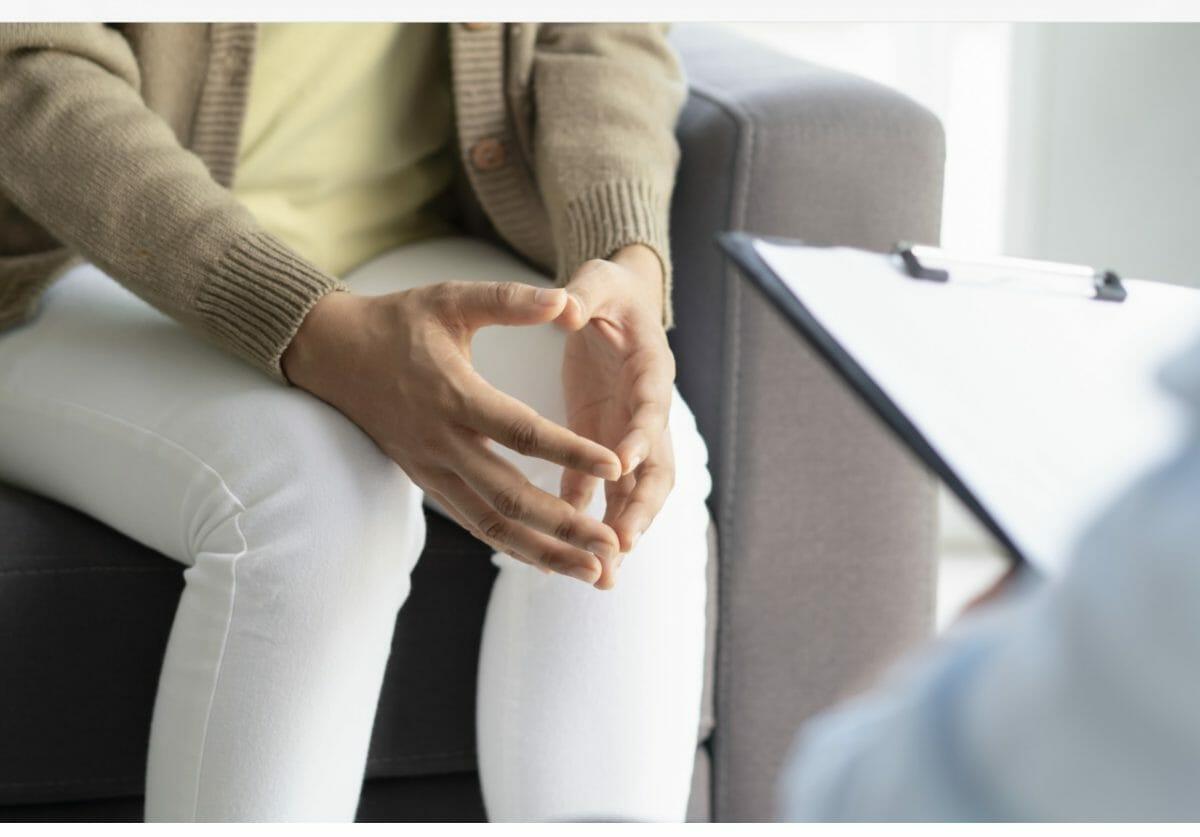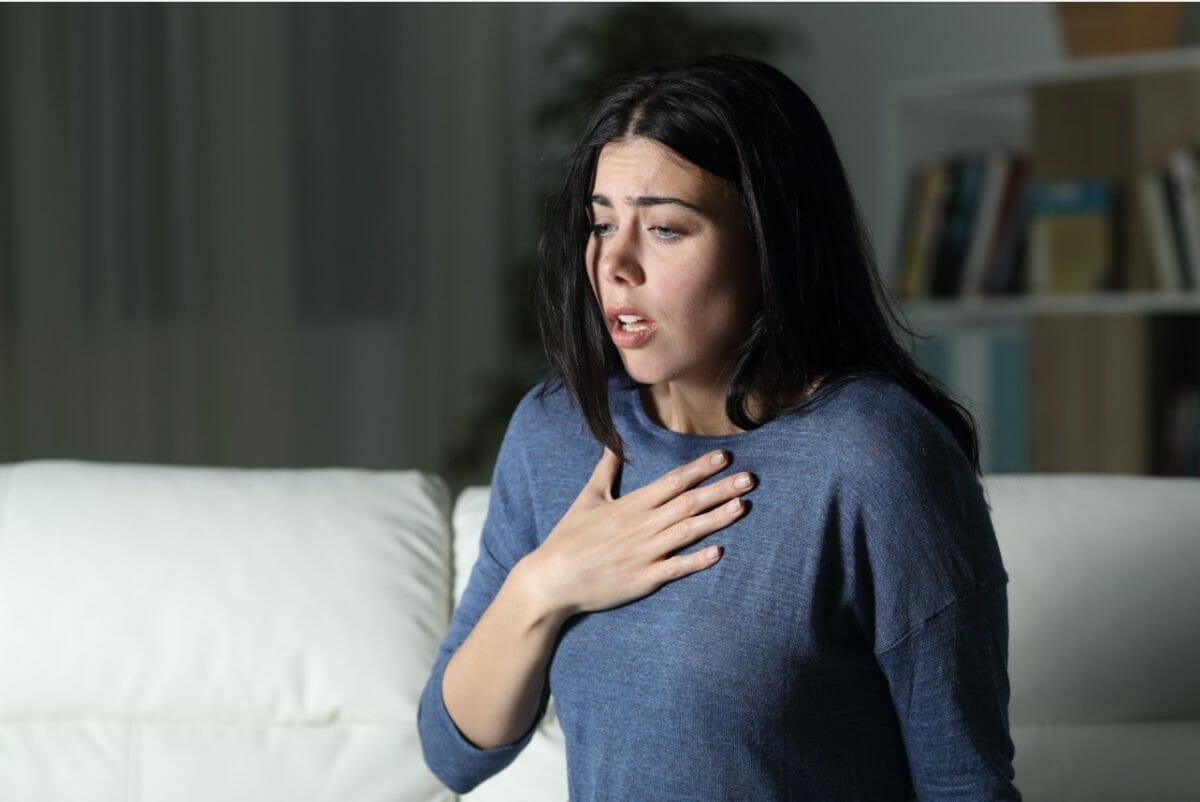Many people throughout the world struggle with anxiety. According to the World Health Organization, about 264 million people, or 3.6% of the entire human population, have an anxiety disorder.
Among factors that trigger or heighten anxiety symptoms include daily life occurrences. Those struggling with anxiety usually experience muscle tension, tightening sensation in the chest, heavy breathing, increased heart rate, and restlessness. If left untreated, anxiety can worsen and become a health menace.
Luckily, many ways exist to help you deal with anxiety and help you resume your daily life without worrying about uncertainty. That said, here are some of the proven methods of managing anxiety.
Staying active is among the best natural ways of managing anxiety. Unlike many people think, living an active life doesn’t only impact your physical health but also plays a significant role in your mental well-being.
Many people with anxiety experience significant improvement after engaging in physical activities. According to The American Psychological Association (APA), frequent exercise enhances concentration and willpower, reducing anxiety symptoms. This is because exercise diverts one’s attention from stressors and things that make one anxious. Moreover, increasing your heart rate through physical activities also alters your brain’s chemistry, creating enough space for anti-anxiety neurochemicals, such as serotonin.
You can consider participating in high-intensity interval training or running to increase your heart rate by a significant margin.Yoga and Pilates are also ideal workouts for starters. Nevertheless, keep in mind that the type of exercise you should engage in depends on your preference. This means there’s no one-size-fits-all regarding physical activities in managing anxiety. So, conduct your research and consult your doctor to know which options are suitable for you.
Generally, kinesiology combines Eastern wisdom and Western techniques that promote overall health. This is among the most effective treatment methods involving general health disciplines’ study and practice, enabling access to patient well-being information via muscle monitoring. Kinesiology identifies elements in the body’s natural internal energy, eliciting healing abilities to deal with stress and anxiety. Nevertheless, before undergoing treatment to manage your anxiety, it’s vital to understand how kinesiology can fight your anxiety.
Generally, kinesiology treatment for anxiety starts with gentle muscle monitoring done by a professional kinesiologist. These specialists analyze your body to determine your fear and where it comes from. Once the results are out, the treatment plan is designed based on your needs. In most cases, the treatment plan lasts for two to six months.
Psychotherapy, which is also known as talk therapy, involves working with a therapist to reduce anxiety symptoms. Besides minimizing symptoms, psychotherapy can also be used to treat anxiety.
Cognitive behavioral therapy (CBT) is one of the most effective psychotherapies for anxiety conditions. CBT equips the patient with skills that help them manage anxiety symptoms to enable them to resume activities they avoided due to anxiety. It involves encountering and dealing with what triggers your anxiety to enable you to develop the confidence to manage the situation.
Since alcohol is a natural sedative, many people use it as a coping mechanism. Unfortunately, instead of making things better, alcohol worsens the case one is trying to run away from. For example, while some people with anxiety seek refuge in alcohol, it’s believed it worsens the symptoms.
Scientists believe there’s a strong relationship between alcohol consumption and mental disorders, including anxiety. High alcohol consumption interferes with neurotransmitter balance which is responsible for excellent mental health. The interference results in an imbalance that causes symptoms of anxiety. With these in mind, it would be best for people with anxiety to stay clear of alcohol.
Caffeine is ideal for giving your system a good shake, resulting in high energy levels. However, when you’re under pressure, the nervous energy can trigger anxiety attacks.
While caffeine might increase your anxiety symptoms, it doesn’t necessarily mean you give up on it altogether. All you need is to take caffeinated drinks in moderation; for example, if you’re used to drinking several cups of coffee in a day, consider consuming one or two cups. You can also replace caffeinated drinks with herbal tea to relax your mind and nerves.

Getting A Good Night’s Sleep
There’s no doubt that enough sleep plays a considerable role in your mental health. While many adults sleep for less than six hours a night, the Centers for Disease Control (CDC) recommends that adults get between seven and nine hours of sleep in a day.
Suppose you struggle falling or staying asleep and at the same time you experience anxiety attacks, consider avoiding daytime sleep, avoiding using the phone while in bed, switching off your bedroom’s lights at night, or writing down your worries before going to bed. These practices ensure you fall asleep and stay asleep throughout the night. You should also maintain your sleeping hours and avoid going to bed late.
Eating Healthy
Some people experience mood changes after consuming processed food which might end up triggering anxiety. This isbecause processed foods can cause dehydration and are packed with chemicals and high sugars. Food rich in too many sugars can lead to extreme temper and mood changes.
It would be best to do away with unhealthy eating habits and start eating a balanced diet. It would be best to include various types of vegetables like leafy greens, fruits, seeds and nuts, complex carbohydrates, lean proteins, and other foods that help reduce anxiety in your diet. Moreover, ensure you stay hydrated by drinking water throughout the day. This is crucial in ensuring you have enough energy levels and helping you manage anxiety.
Conclusion
Anxiety is a mental health issue affecting many people worldwide. This condition is characterized by extreme fear, nervousness, and the inability to handle circumstances with uncertain outcomes. It interferes with one’s daily life and can worsen if left untreated.
Fortunately, there are several proven ways to manage anxiety. These ways include medication, therapy, and lifestyle changes. If you’re struggling with anxiety, consider the above-discussed tips and begin your journey to recovery.


